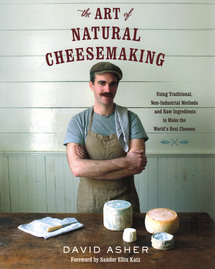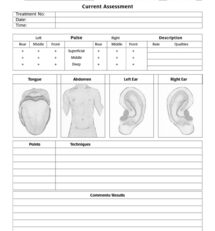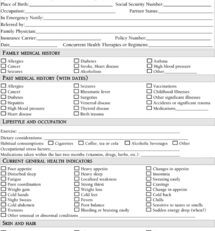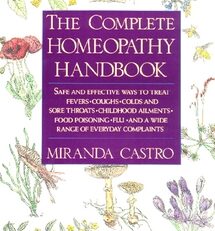Description
By David Asher
Trade paperback book
ISBN 9781603585781
298 pages, 7.00 x 10.00″
Including more than 35 step-by-step recipes from the Black Sheep School of Cheesemaking
Most DIY cheesemaking books are hard to follow, complicated, and confusing, and call for the use of packaged freeze-dried cultures, chemical additives, and expensive cheesemaking equipment. For though bread baking has its sourdough, brewing its lambic ales, and pickling its wild fermentation, standard Western cheesemaking practice today is decidedly unnatural. In The Art of Natural Cheesemaking, David Asher practices and preaches a traditional, but increasingly countercultural, way of making cheese—one that is natural and intuitive, grounded in ecological principles and biological science.
This book encourages home and small-scale commercial cheesemakers to take a different approach by showing them:
- How to source good milk, including raw milk;
- How to keep their own bacterial starter cultures and fungal ripening cultures;
- How make their own rennet—and how to make good cheese without it;
- How to avoid the use of plastic equipment and chemical additives; and
- How to use appropriate technologies.
Introductory chapters explore and explain the basic elements of cheese: milk, cultures, rennet, salt, tools, and the cheese cave. The fourteen chapters that follow each examine a particular class of cheese, from kefir and paneer to washed-rind and alpine styles, offering specific recipes and handling advice. The techniques presented are direct and thorough, fully illustrated with hand-drawn diagrams and triptych photos that show the transformation of cheeses in a comparative and dynamic fashion.
The Art of Natural Cheesemaking is the first cheesemaking book to take a political stance against Big Dairy and to criticize both standard industrial and artisanal cheesemaking practices. It promotes the use of ethical animal rennet and protests the use of laboratory-grown freeze-dried cultures. It also explores how GMO technology is creeping into our cheese and the steps we can take to stop it.
This book sounds a clarion call to cheesemakers to adopt more natural, sustainable practices. It may well change the way we look at cheese, and how we make it ourselves
Praise for The Art of Natural Cheesemaking
“Finally, the cheesemaking book I’ve always wanted to read! For anyone interested in traditional, low-tech cheesemaking, The Art of Natural Cheesemaking will be an empowering tool.”
-Sandor Ellix Katz, author of The Art of Fermentation, from the Foreword
“If you want to know every possible detail about cheesemaking the natural way and on a small scale in your home, The Art of Natural Cheesemaking is the book for you – even if you’d just like to dabble in your kitchen.”
-Sally Fallon Morell, president, the Weston A. Price Foundation
“The Art of Natural Cheesemaking is a breakthrough book. The more we remove the mystery to manufacturing even the simplest of cheese at home, the more we will come to admire the craftsmanship that dairy farmers and artisanal cheesemakers bring to their work, to make life better and tastier for the rest of us.”
-Richard McCarthy, executive director, Slow Food USA
“David Asher’s book is brave and important, teaching us to tend to what matters by helping us understand process before recipes. This book expands the boundaries of sustainability, deepening the power of independent autonomy and local flavor, making our world more delicious.”
-Shannon Hayes, author of Radical Homemakers






Reviews
There are no reviews yet.